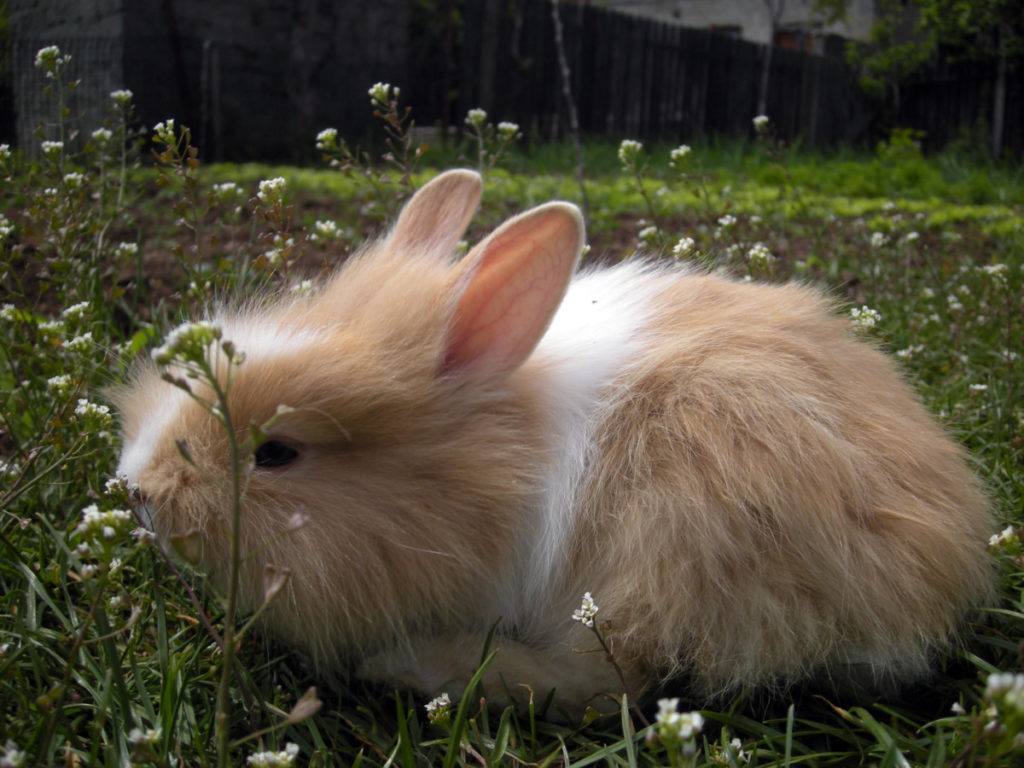

Angora rabbits are pretty, fluffy, and a useful addition to the homestead. Sooner than you exit and buy one, there are some points you must know.
This homestead critter requires numerous cautious consideration sooner than taking the plunge.
Why elevate angora rabbits?
Angora rabbits produce splendidly tender wool that could be spun into yarn or felted for craft duties.
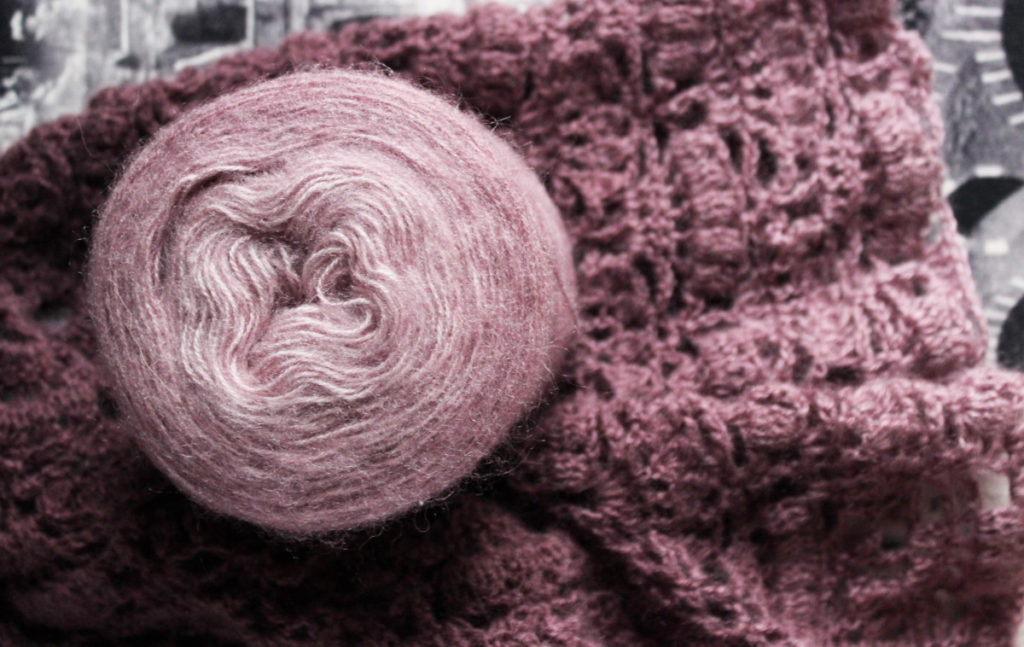
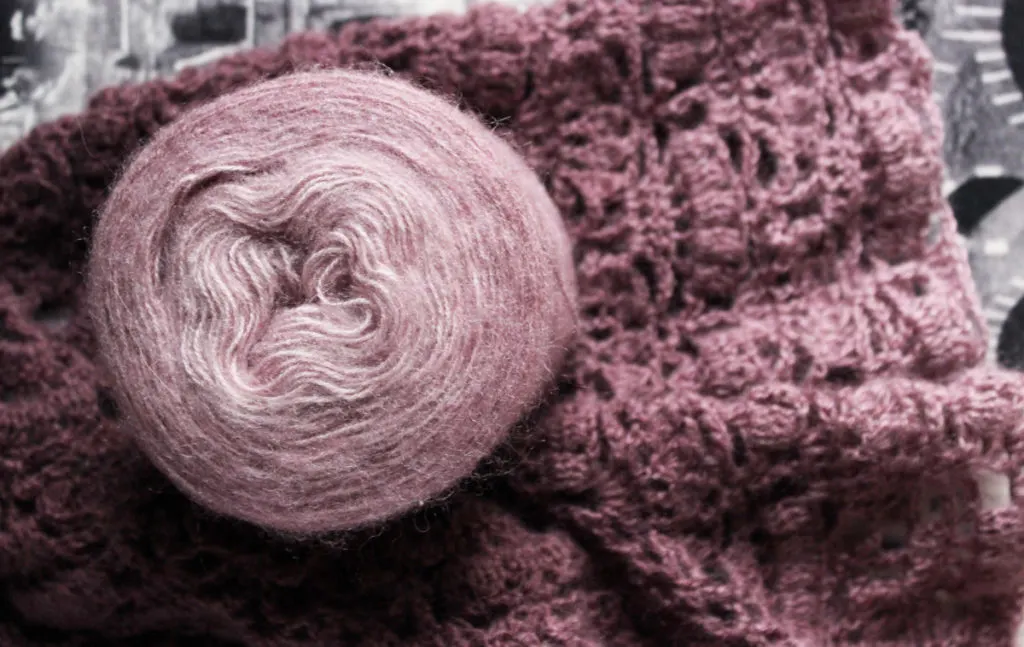
Whereas your homestead or farm may not have room for typical fiber animals like sheep, goats, alpaca, and llama, it nearly really has room to keep up a few rabbits.
1. There are a variety of sorts to pick out from
English Angora
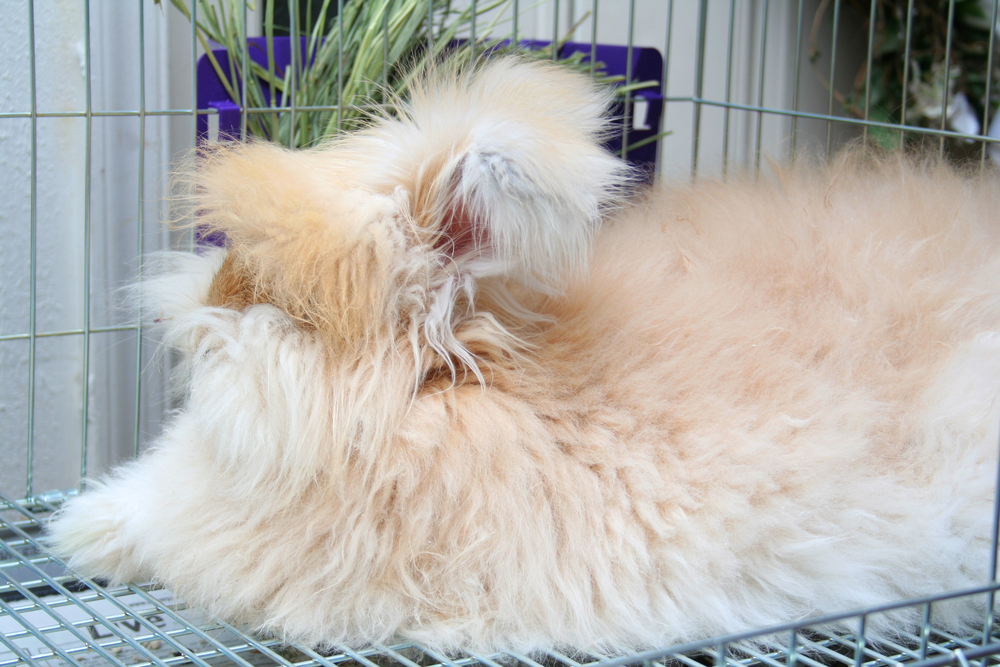
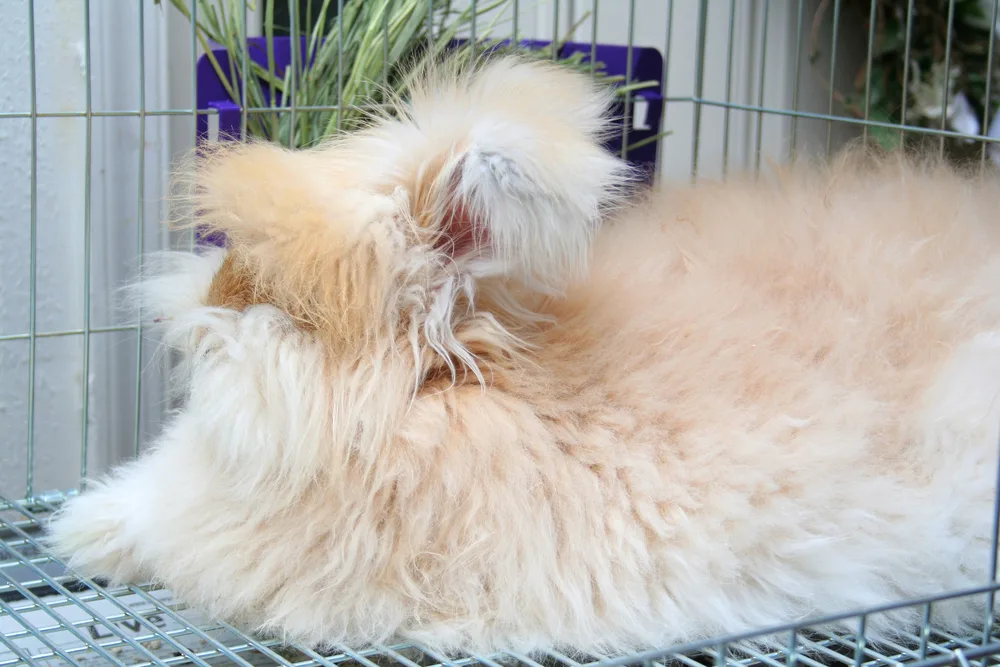
This breed of Angora is actually probably the most finicky and troublesome to take care of. The English grows pretty fluffy wool all through their physique, along with their face, ft, ears, and tail. Whereas this does make them extra pretty, it should in all probability make them troublesome to take care of.
English angoras naturally shed their wool a lot of cases a yr, nonetheless they’ll need your help on this course of so the wool that’s being shed doesn’t set off mats.
English Angoras are significantly liable to mats on their face, bottoms of their ft, and spherical their legs.
French Angora
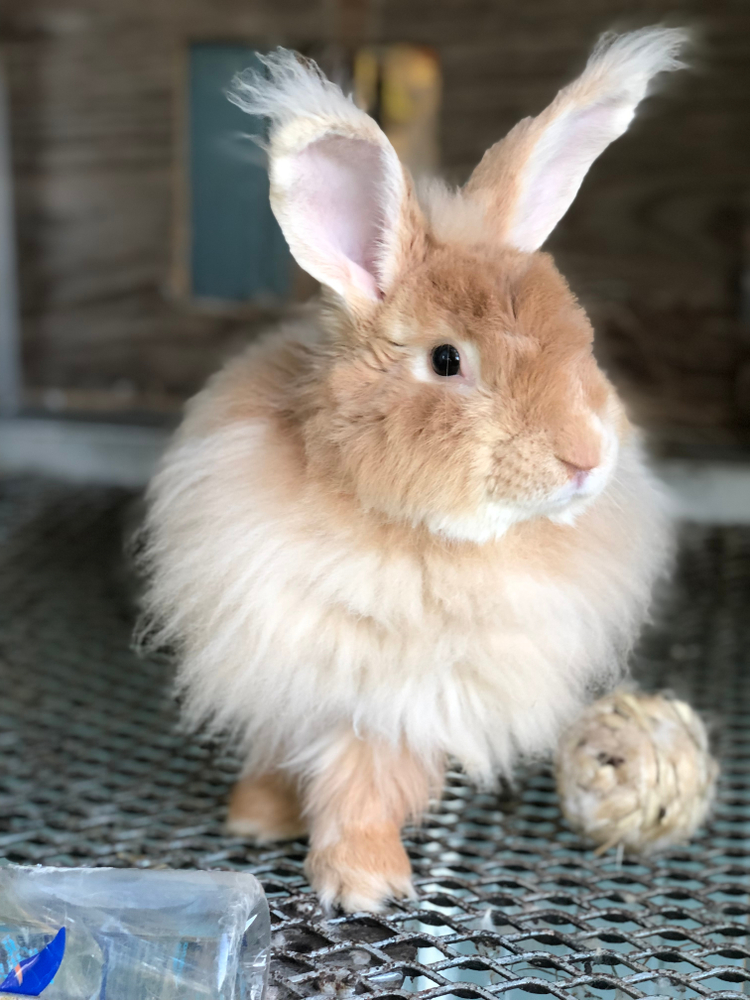
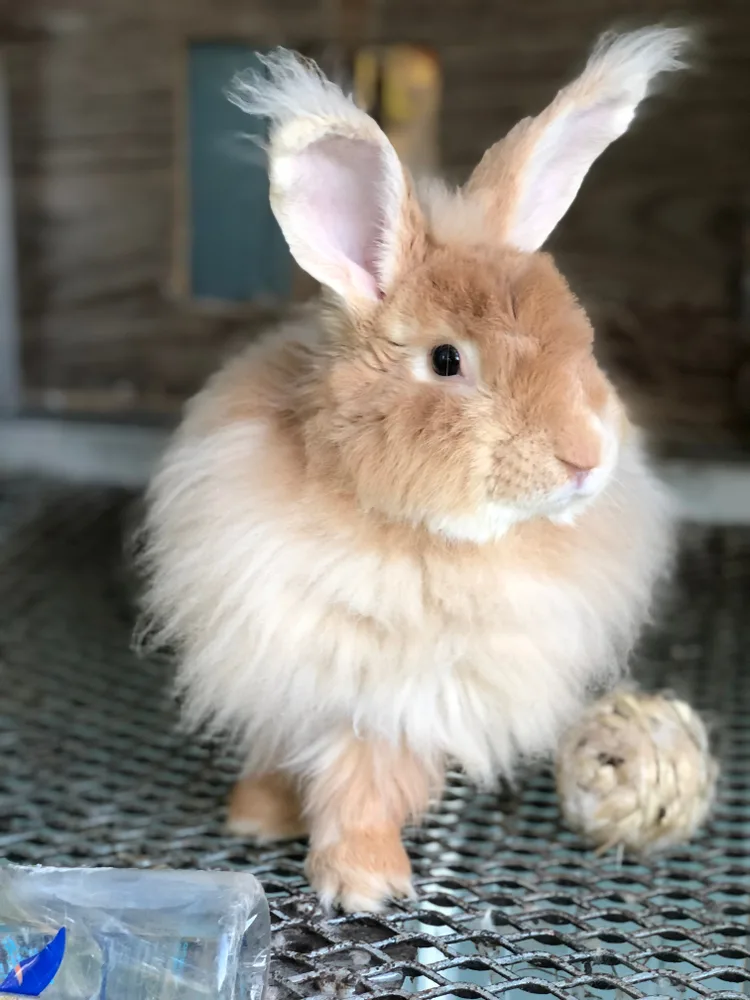
The French Angora is very similar to the English in coloring, though they’re sometimes a bit greater. The French Angora moreover has temporary hair on the face and ft, which makes grooming lots easier. Their wool moreover has a further silky actually really feel to it, making it more durable helpful spin, nonetheless it’s fairly and tender.
German Angora
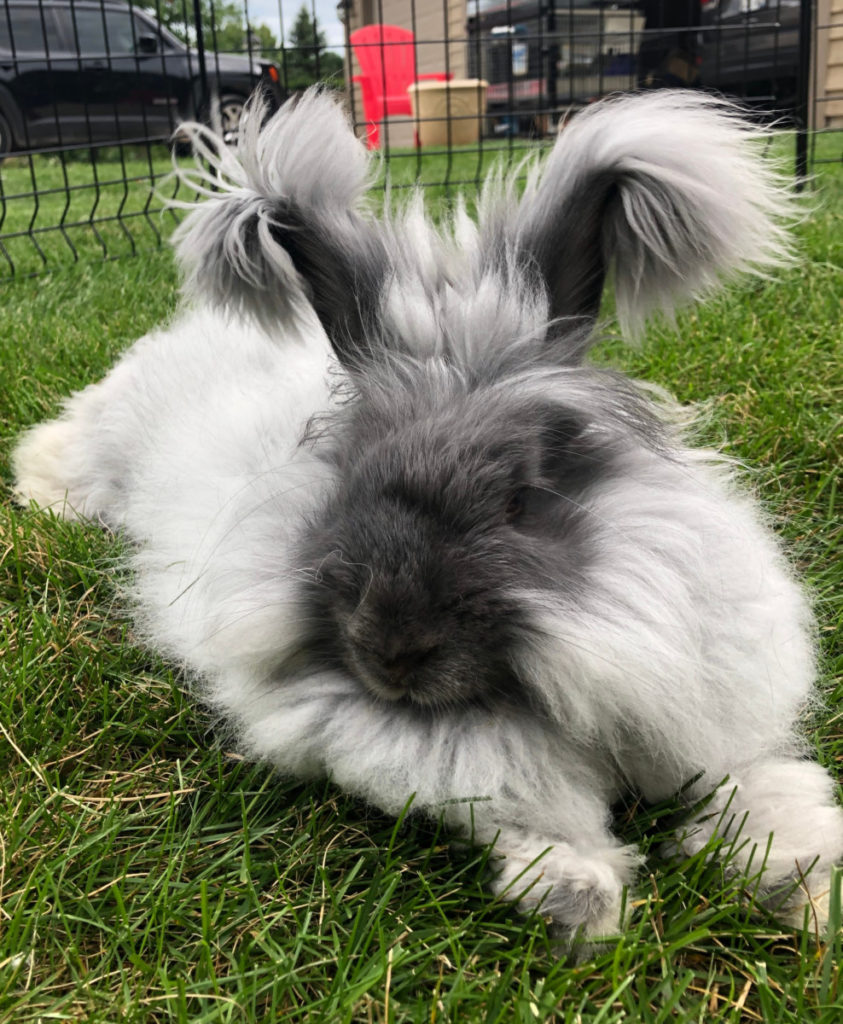
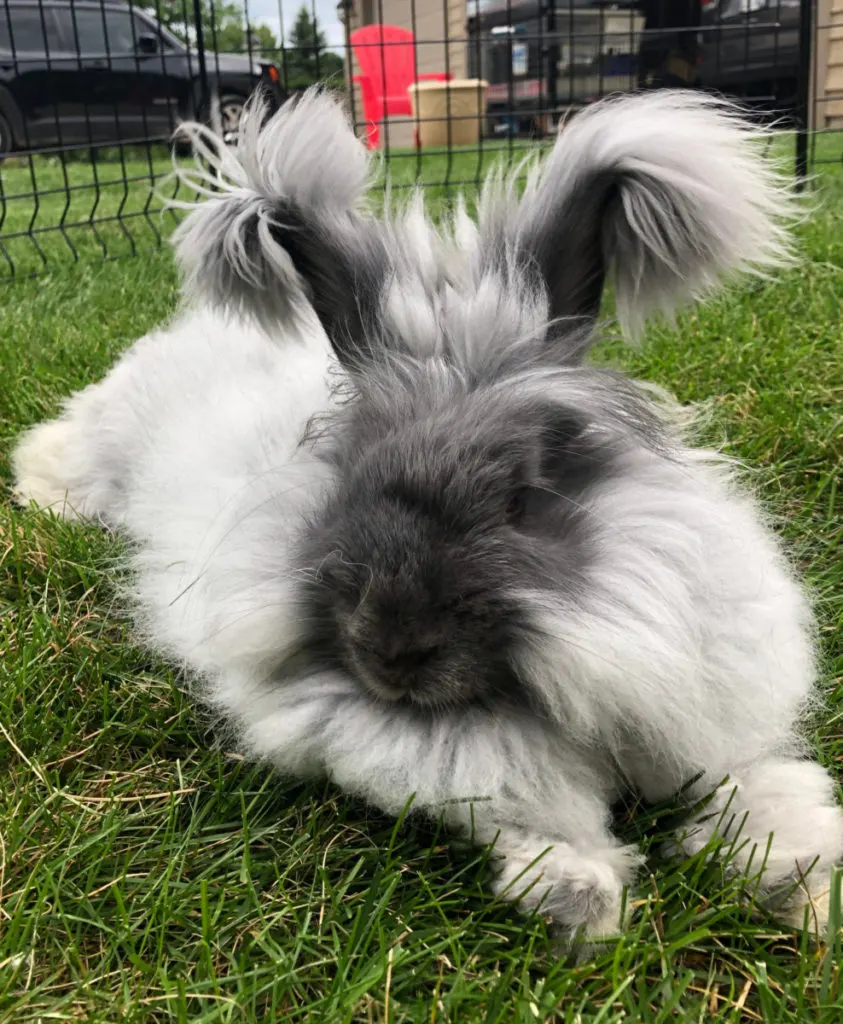
The German Angora rabbit is not going to be a acknowledged breed nonetheless is well-loved inside the fiber neighborhood. German Angoras are very similar to English Angoras in that they’ve fluff on their face and ears. The German can develop to 11 kilos and is a heavyweight in wool manufacturing as properly.
Large Angora
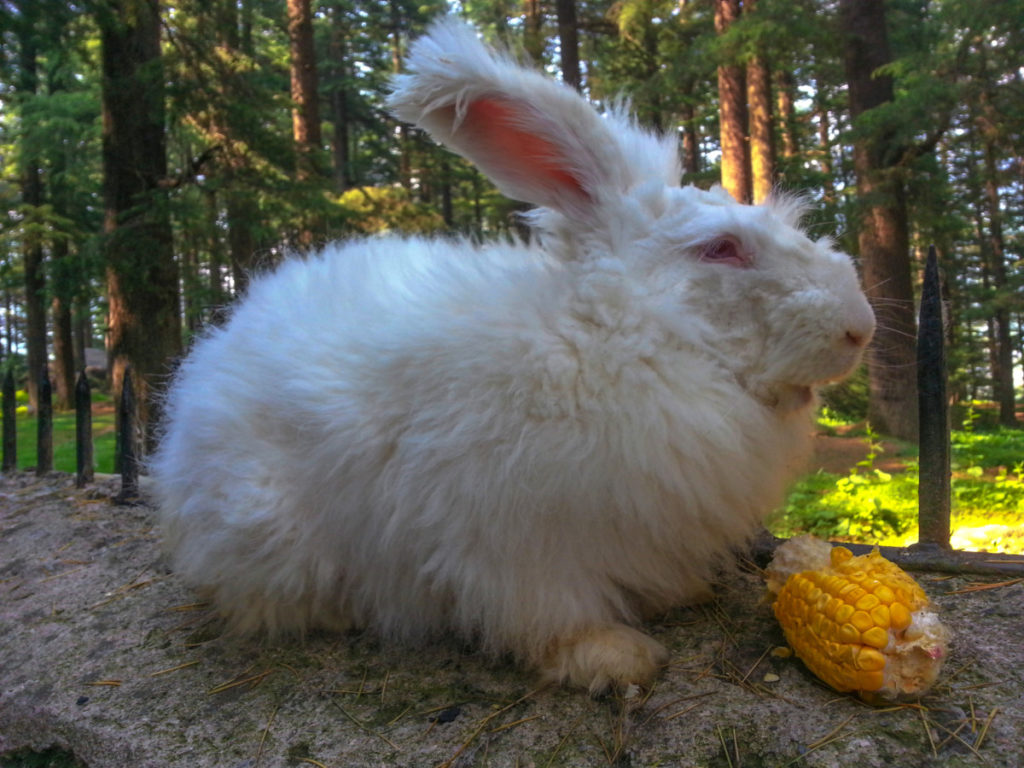
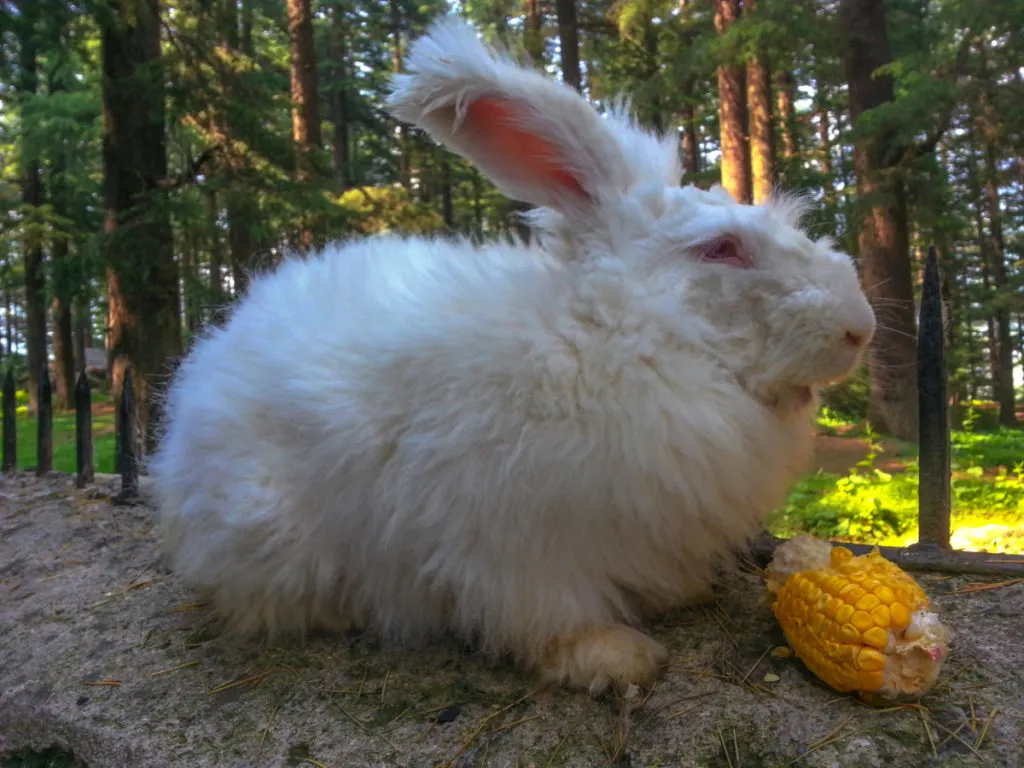
This breed is technically a hybrid as a result of it was created by breeding the German Angora with a giant non-fiber producing rabbit. Large angoras usually weigh spherical ten kilos and produce further fiber than the smaller English and French varieties.
These rabbits don’t naturally shed their wool, so if you happen to occur to take one residence, you’ll need to do the shearing your self!
Angora satin
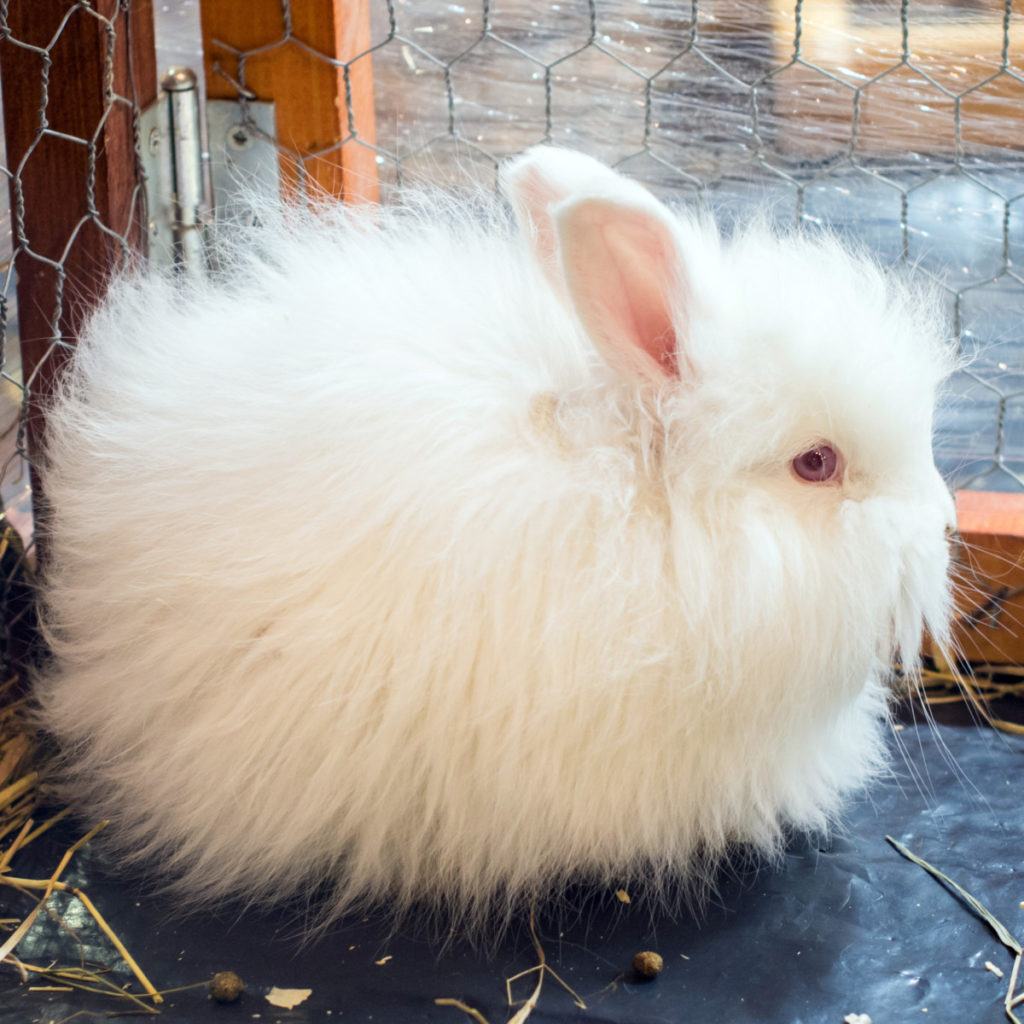
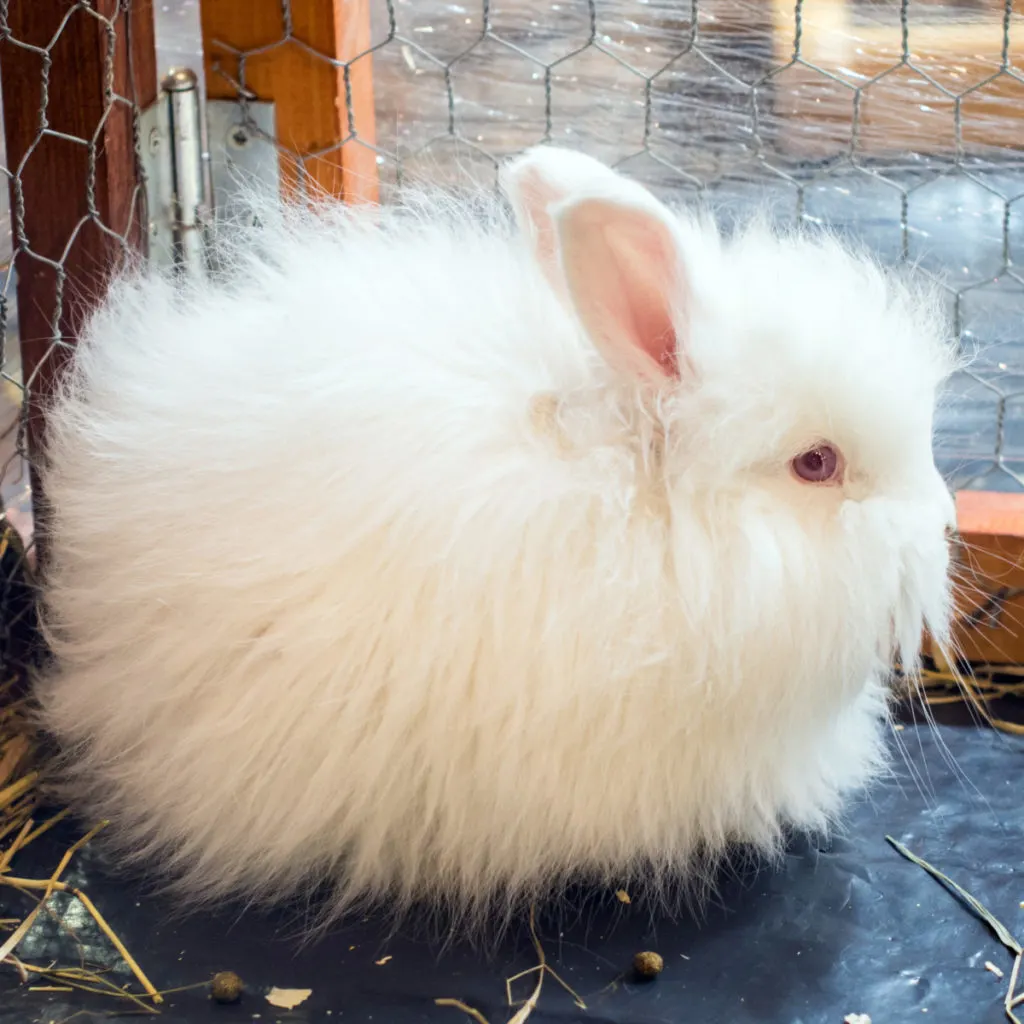
Any such Angora rabbit is unusual and arduous to return by. Their wool will also be basically probably the most prized as a result of it’s easy to spin and has an opulent texture. Satin Angoras produce a lot much less wool than totally different breeds, so that they’re not your only option to raise for wool manufacturing.
2. They require weekly grooming
If you happen to occur to’re lucky enough to get your Angora rabbit whereas it’s youthful, start grooming it instantly. It’s very important for the rabbit to get used to being handled on this implies so that they gained’t get aggressive all through grooming after they grow to be older.
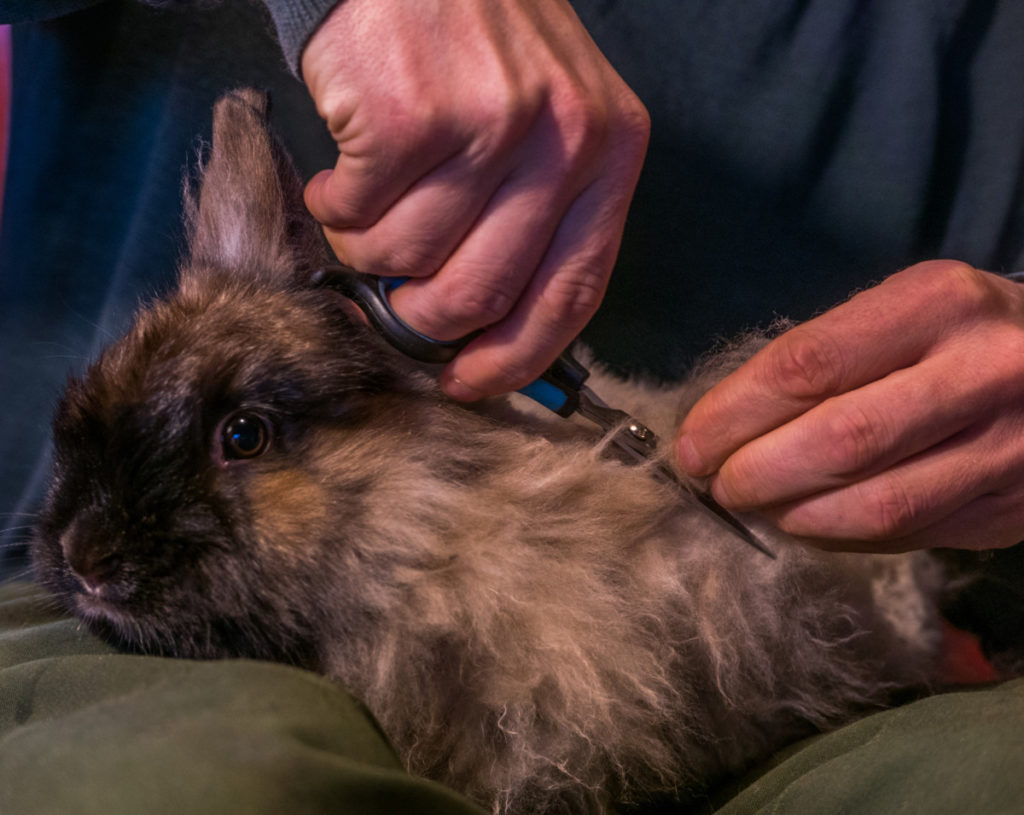
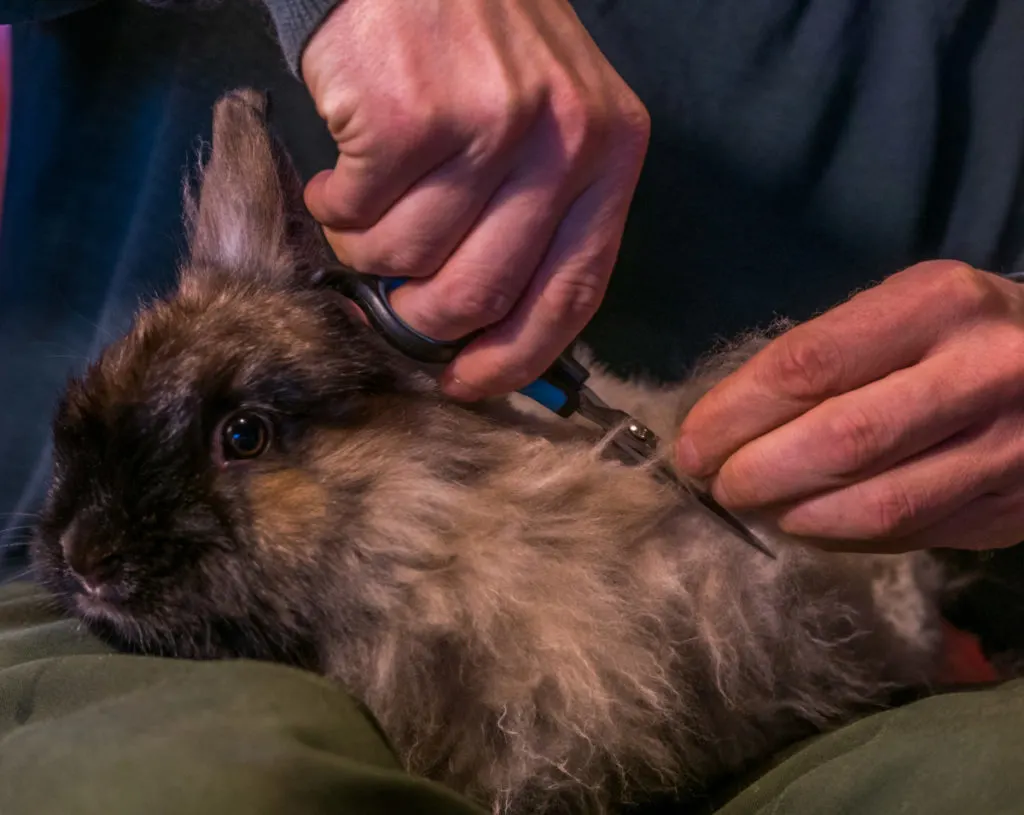
Grooming takes about an hour per week, per rabbit. Every Angora keeper has their very personal favorite methods for grooming, nonetheless a mix of combing, plucking free wool, and slicing mats will work for all rabbits.
Grooming an Angora rabbit isn’t as simple as combing their hair as quickly as each week. Chances are high you may need to spend cash on some specific devices to softly take away mats from their wool.
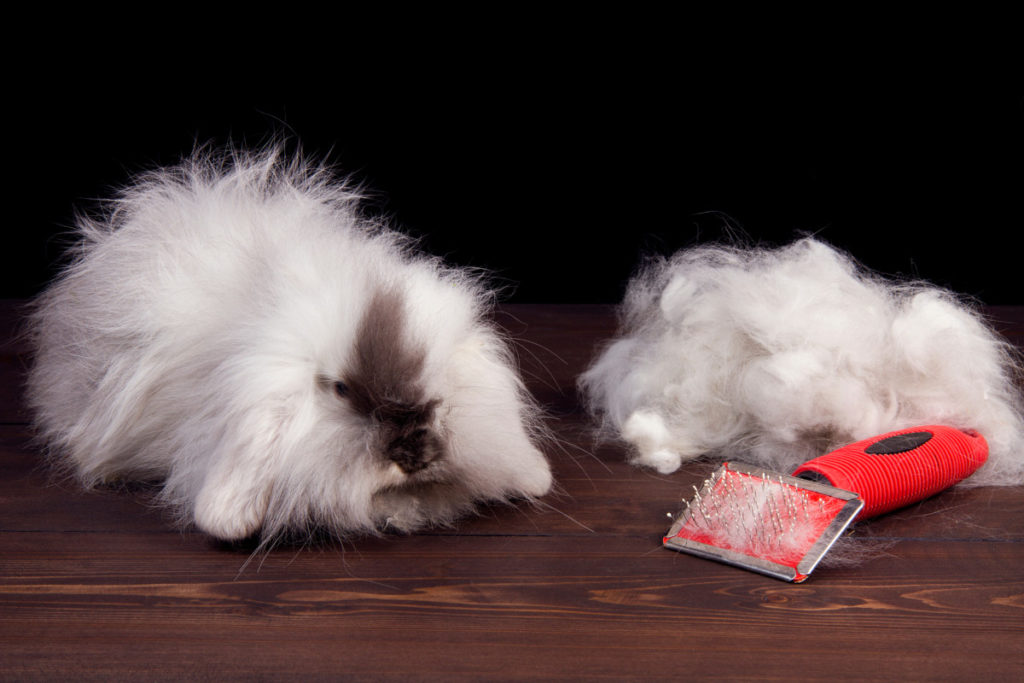
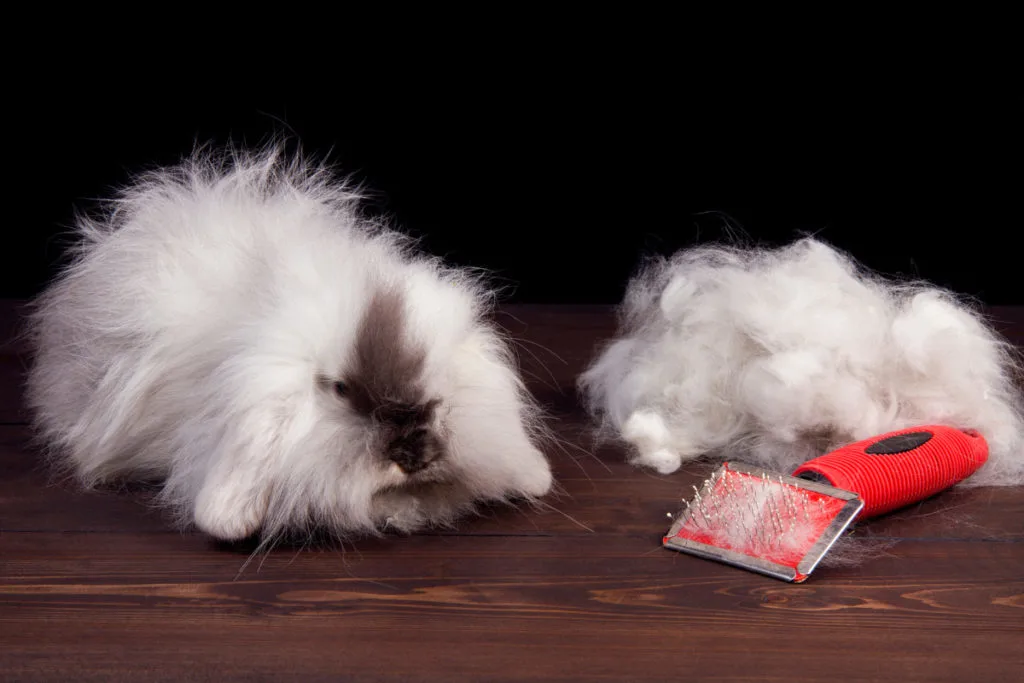
One different good funding for an Angora rabbit is a pet blower. Crucial rationalization for mats in Angora rabbits isn’t the wool, nonetheless the dander that’s caught up in it. Using a pet blower to blow dander off the pores and pores and skin will help to keep up the pores and pores and skin and wool clear at all times.
Completely different objects like nail clippers, rabbit treats, hay manger, and litter discipline are frequent for any rabbit, nonetheless will nonetheless add to the value of holding them.
4. Angora rabbits can get wool block
Angora rabbits are further liable to getting a scenario referred to as wool block. This happens when the rabbit grooms itself and eats its private wool, which can then accumulate in its digestive system. To cease wool block, make sure that to groom your Angora rabbit ceaselessly and supplies free collection of hay at all times.
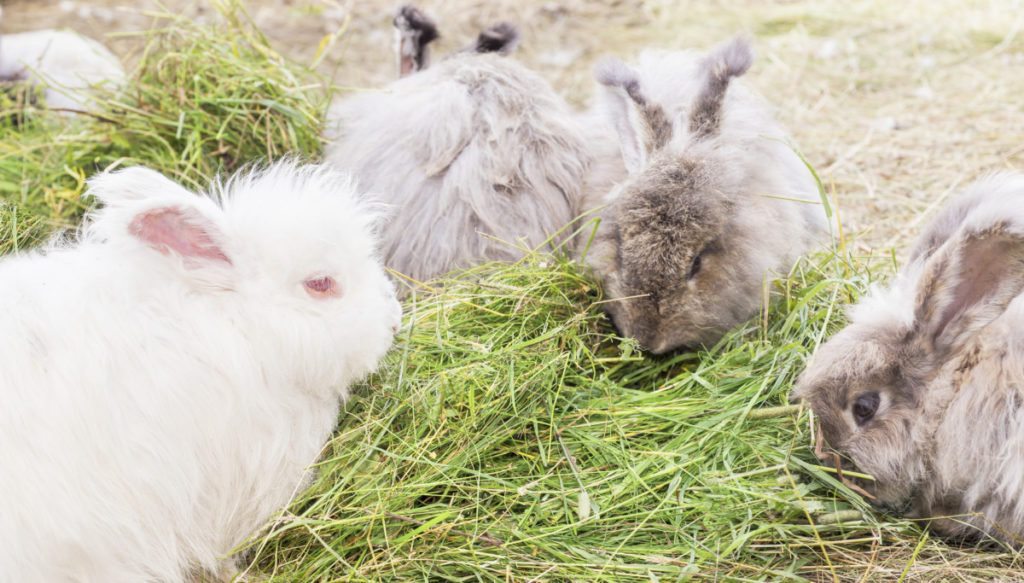
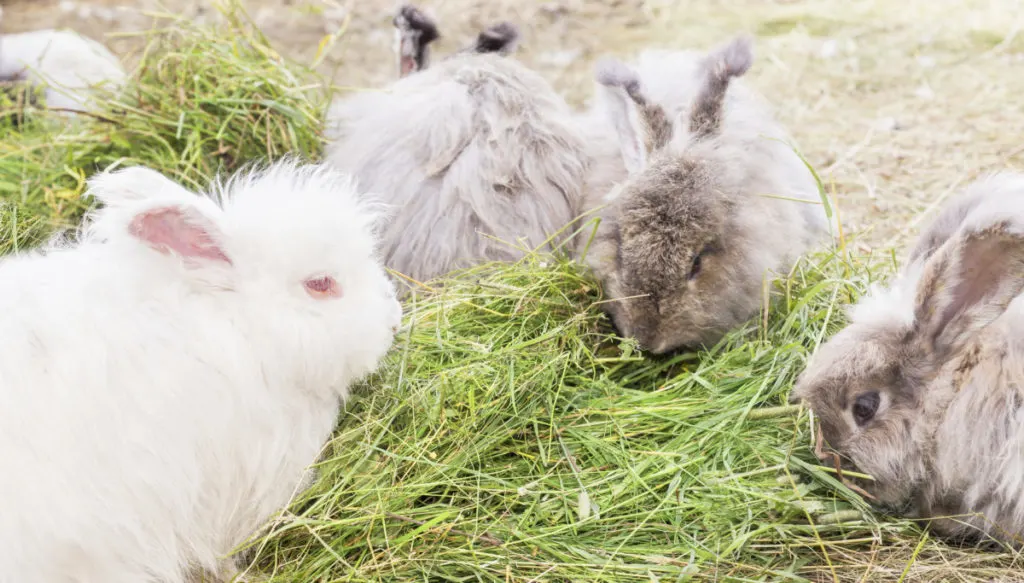
5. You need to use their wool or put it on the market
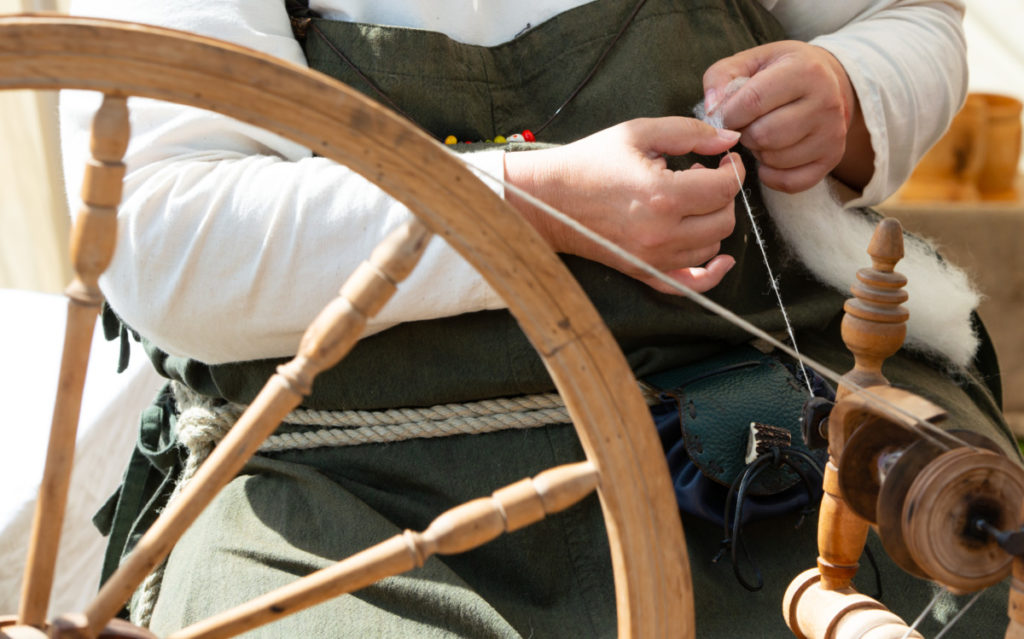
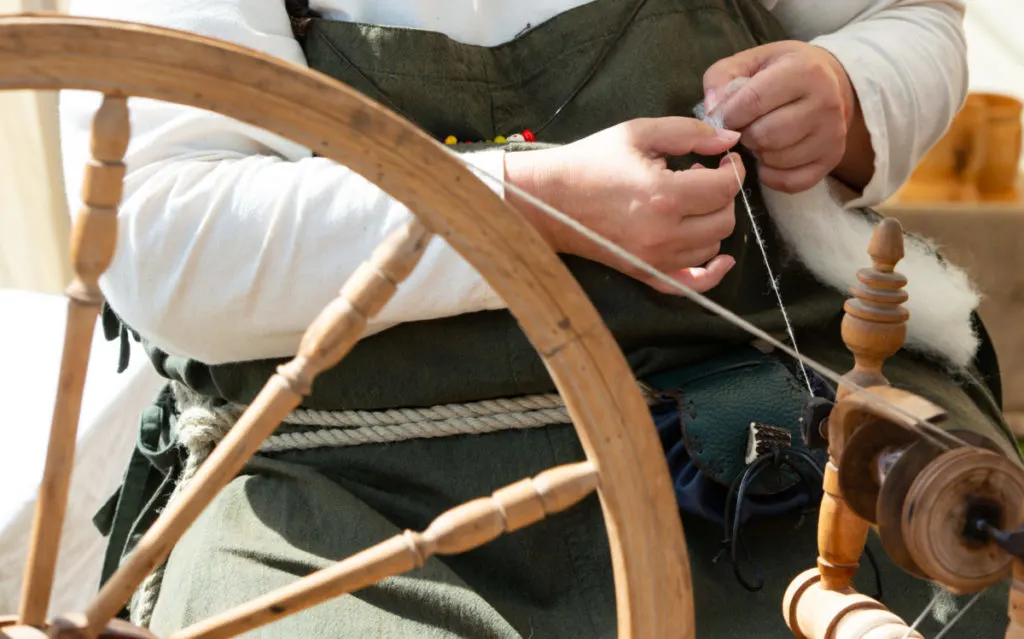
This animal is a ought to for any homesteader who loves wool crafts. If you happen to occur to’re a hand spinner, you’ll be delighted with the luxurious prime quality of Angora wool, and it’s a delight to spin. Angora wool will also be good to utilize for duties like needle felting, moist felting, or cleansing cleaning soap making.
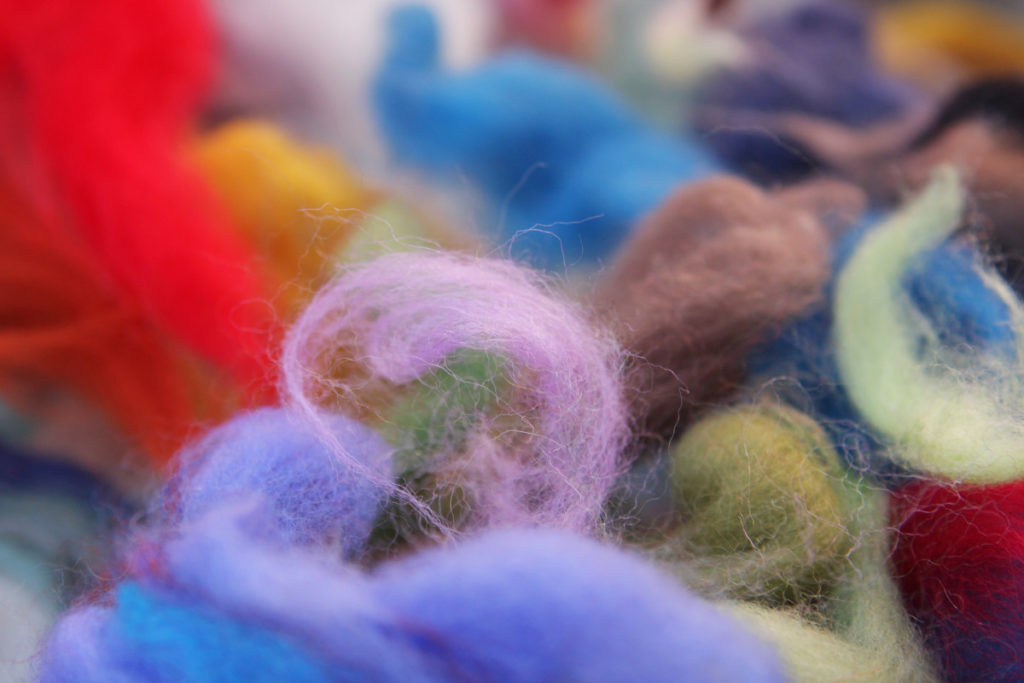
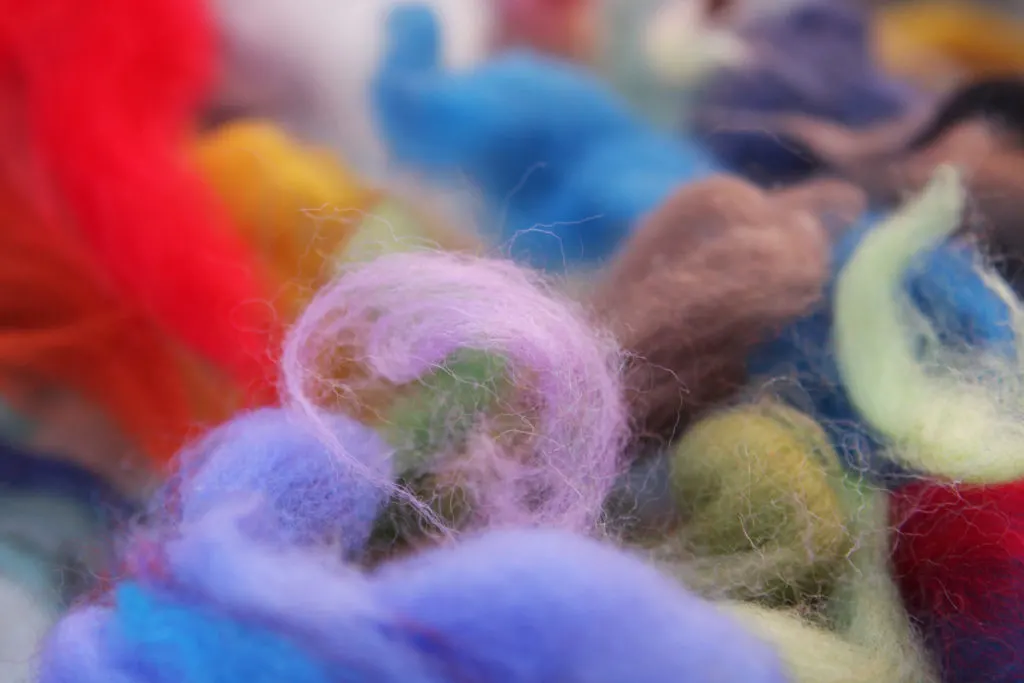
If you happen to occur to don’t want to make use of the wool your self, you would possibly moreover put it on the market! There’s an unlimited market for this super-soft wool, significantly inside the further unusual breeds like Satin.
6. They’re typically found low-cost or free
Angora rabbits purchased from a great breeder whereas youthful will value between $50 and $250 each. Whereas Angora rabbits are sometimes pretty expensive, you may discover them for affordable, and even free if you happen to occur to’re clever!
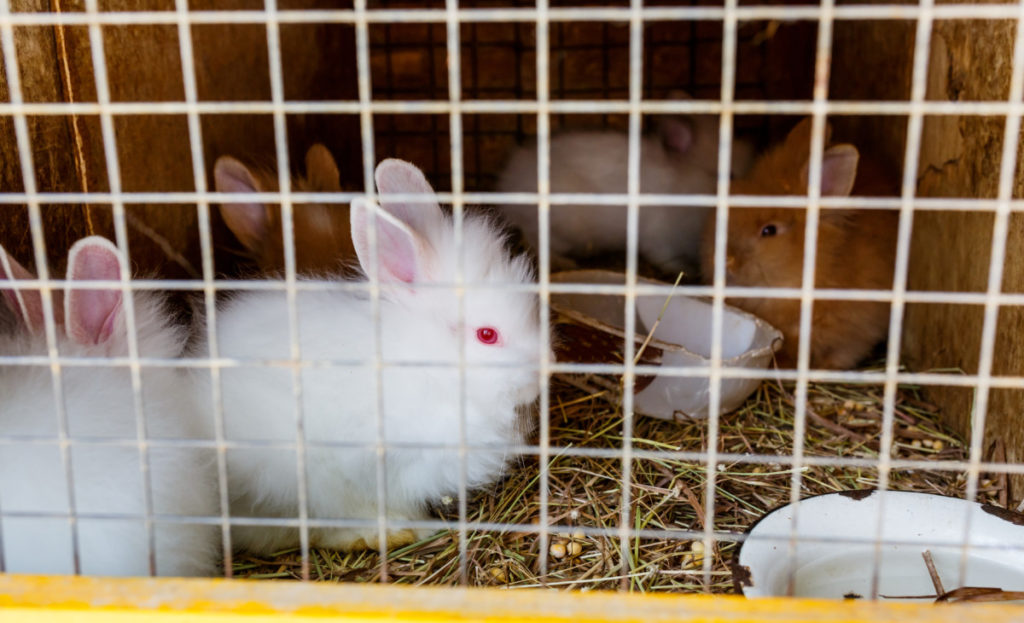
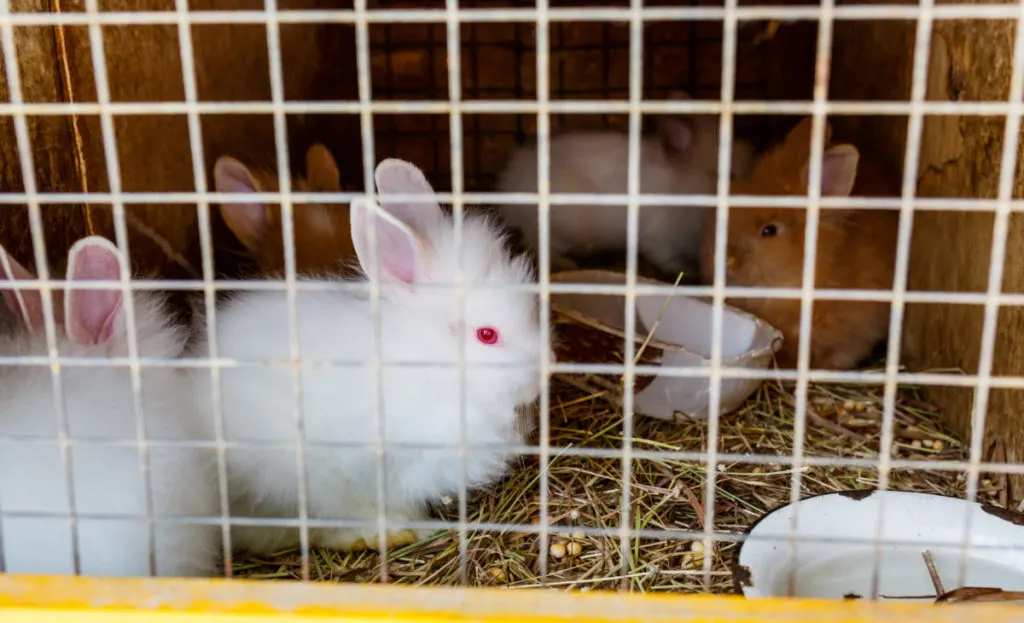
Many people start out elevating Angora rabbits as a curiosity problem and shortly lose curiosity or turn into overwhelmed by the amount of labor they require. That’s too harmful for the rabbit, nonetheless good for you, as you probably can undertake them! Animal shelters ceaselessly get Angora rabbits in, and they’re typically found on Craigslist or Fb Market as properly.
7. They’re further than merely wool producers
Angora rabbits are an beautiful fiber animal, nonetheless they’re lots further. If handled repeatedly whereas youthful, Angora’s make improbable pets for kids and adults alike. They may moreover help out inside the homestead yard, as their bedding and manure could be utilized inside the compost pile, or put straight into the yard as fertilizer.
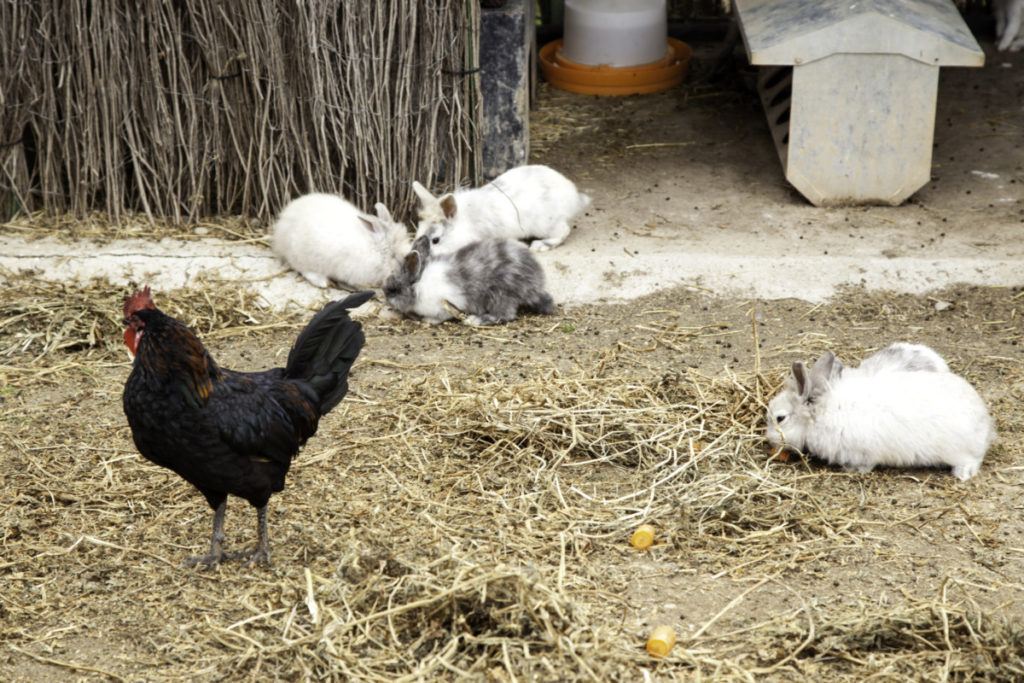
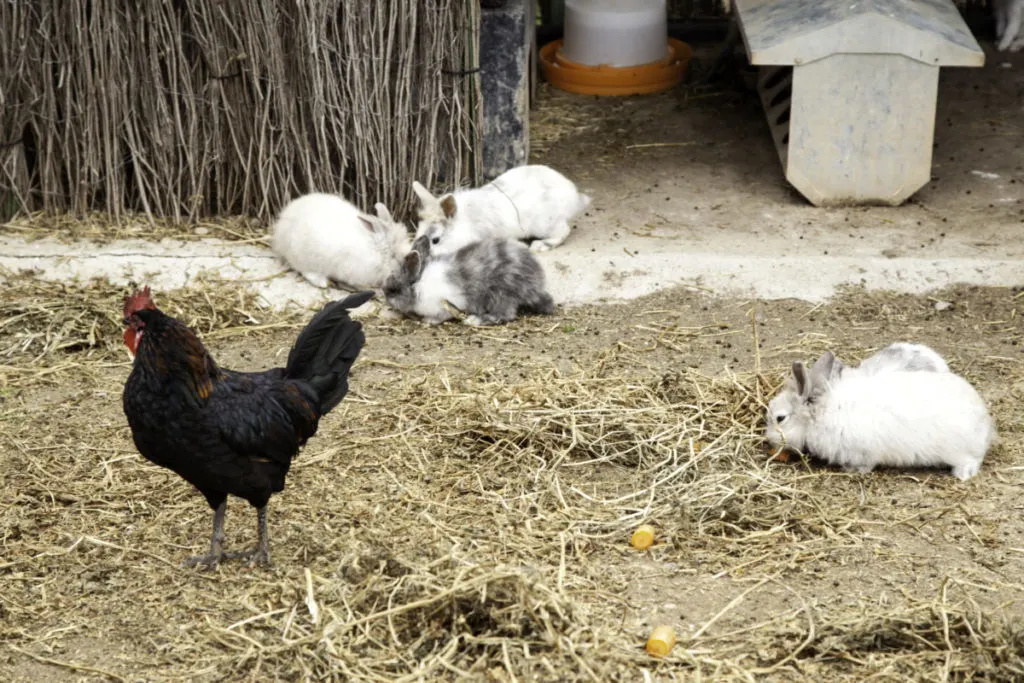
This multi-benefit creature is also merely the best addition to your homestead!
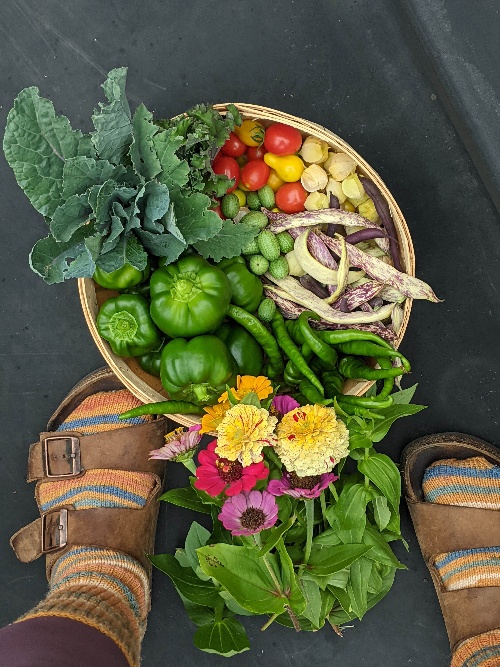
Get the well-known Rural Sprout e-newsletter delivered to your inbox.
Along with Sunday musings from our editor, Tracey, along with “What’s Up Wednesday” our roundup of what’s in season and new article updates and alerts.















Leave a Reply